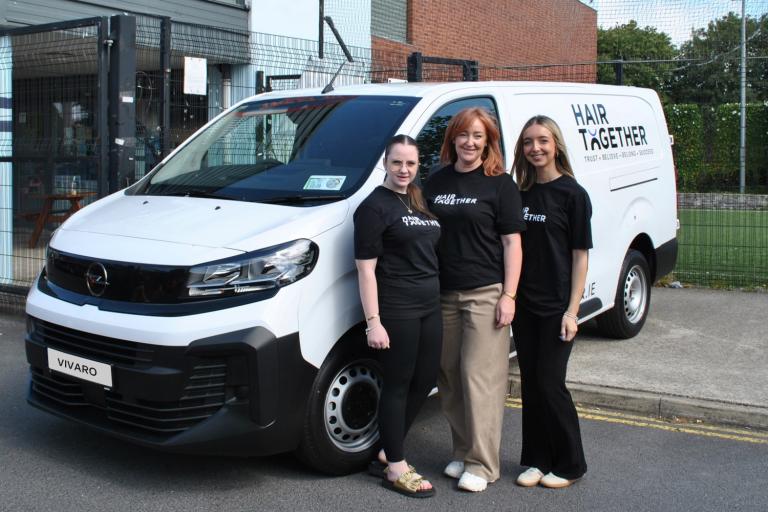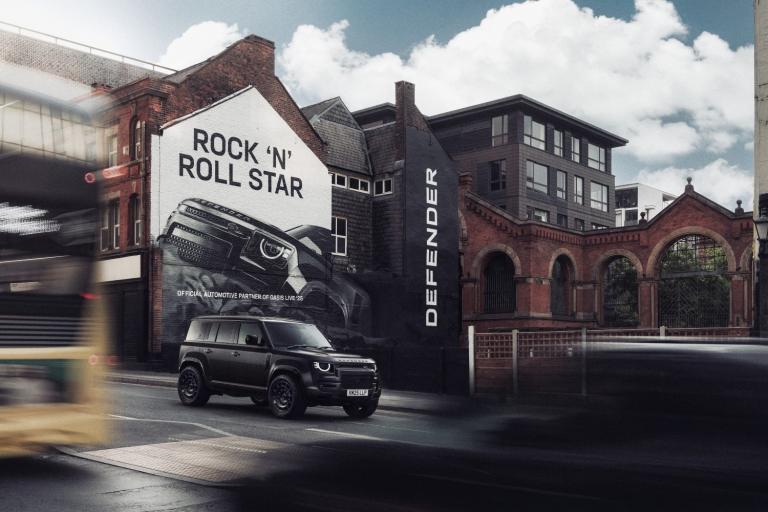How tax, space are piling pressure on spare wheels
Published on 23 October, 2019
Spare wheels are being given the boot like never before as car-makers respond to tougher new emissions standards
Overview
Spare wheels are being given the boot like never before as car-makers respond to tougher new emissions standards.
Not carrying a spare reduces weight and, therefore, emissions.
And that can be critical in meeting new WLTP emissions levels for VRT and road tax.
As well as that, the absence of a spare (full or space-saver) creates more boot space.
An Irish Independent 'Motors' survey of distributors found that many brands no longer have spares of any description as standard.
Some offer wheels you can purchase - when/after you buy the new car.
And some distributors were at pains to point out that many people are increasingly using roadside assistance if they get a flat. Anecdotal evidence suggests they don't want, or understand how, to use a mobility kit.
Replacing a tyre with a mobility kit on board, in Volkswagen's case for example, cuts weight by 17kg on average across its car range. That reduces CO2 emissions by around 1g/km. Instances were cited where as little as that 1g/km could push some cars into a higher taxation bracket.
Some distributors are planning to speed up the shift from spare to tyre mobility kits next year.
It is reasonable to expect the trend will accelerate, especially as such tiny quantities of C02 can make such a difference.
You can also expect a busier time for after-sales departments as people decide they want a space-saver or something bigger/heavier than what they got as original equipment.
The following are key details of what most brands are doing about the 'fifth' wheel.
Alfa Romeo/Jeep: Run-flat 19pc, space saver 6pc, full-size spare 22pc, repair-kit 53pc.
Audi: No full-size spare with new cars; space savers account for 40pc of driver preferences (an A3 space-saver costs €350).
BMW: Just 1.5pc (66pc) of customers who bought a BMW or Mini this year ordered a space saving spare.
A big number of cars have run-flat tyres as standard so there's no need for a spare; 748 mobility kits (tyre inflation) were ordered in 2019.
Citroen: All its cars and vans come with spare wheels as standard.
All vans have full-size spares. Most cars have too; those that don't carry a full spare do have a space-saver.
A spokesman said they see a spare as essential at a time when "most are removing it to save weight for a C02 gain".
Dacia: A spare wheel is optional on a Dacia at €100; most customers take that option. It doesn't have a specific after-sales kit. But we were told a dealer could supply the individual components (steel spare, budget tyre, jack, brace, fittings etc) for around €275 plus VAT for a Sandero/Logan and €480 plus VAT for a Duster.
Fiat: Repair kit 7pc, space saver 57pc, full-size spare 36pc.
Ford: 52pc of passenger cars are sold with spare wheels. There's no exact breakdown on mini/full size, but most of them are space-savers; 48pc sold with inflation kits. There is the option to buy a full-size spare on all models. Typical (Focus) price for a spare wheel is €70.
Jaguar/Land Rover: All of its internal combustion engine (ICE) models have a space-saver spare as standard. Average price to upgrade to a full-size spare is €1,000. Approximately 5pc of buyers choose to upgrade.
Its PHEV and BEV vehicles come with a pump-and-go system only, so that there is as much space as possible for battery capacity.
Kia: For this year it's 15pc tyre mobility kit (TMK), 45pc full spare and 40pc space-saver. However, for next year that will be 53pc TMK, 7pc full and 40pc space-saver. Prices vary.
In the case of EVs/PHEVs and MHEVs, there is no room for a spare.
Mazda: None of its cars are sold with a spare or space-saver.
The vehicles are designed to house a space-saver should a customer want one. However, to keep C02 emissions to a minimum it doesn't fit them as standard and provides a tyre inflation kit instead.
Mercedes: None of its passenger car models has a full-size or space-saver wheel as standard. A spare wheel kit (includes wheel, jack, tools etc) costs €400-€500.
Customers also have an option to order run-flat tyres - they cost around €500.
Nissan: All its cars have space-savers.
Opel: Only one model has a spare as standard but they do come with higher-spec levels across the range.
An entry-level spare costs around €150.
Peugeot: It says nearly all its cars (98.3pc) have a spare wheel of some sort (space-saver 80.3pc, full-size 17.9pc; puncture repair kit: 1.7pc).
Renault: Most, but not all, of its cars have a spare as standard.
Whether or not it is a full size or spare depends on a variety of scenarios, including if there is a Bose subwoofer on board, or if there's a tank for AdBlue.
You can check on renault.ie or with your dealer.
Skoda: It told us that all its cars have a full-sized spare on board.
These are steel wheels and not a matching alloy - but, importantly, they are full-size.
Volkswagen: It says the spare wheel is being removed as standard equipment from all its passenger car models (except from the current Golf).
Wheels will be replaced with a tyre mobility kit (TMK).
As outlined, this reduces the average weight of its cars by 17kg and drops the CO2 value by approximately 1g/km.
When contacted by 'Motors', Volkswagen said: "Spare wheels will be available as an optional extra and they will be available through the after-sales departments."
All Volkswagen customers, meanwhile, get complimentary breakdown assistance with their new car.
Volvo: None of its cars comes with a full spare as standard.
A Tempa spare costs €275 and 58pc of buyers ordered one (sealant kit 42pc) in their new cars this year.
* Would you know how to use a tyre repair kit?
Have you tried and succeeded in using one?
Or failed?
Let us know by emailing: [email protected]
Latest Reviews

Opel Supports Hair Together with Vivaro Van Donation

2025 CarsIreland Dealership Awards Q2

Rock n Roll Star - Defender partners with Oasis Live